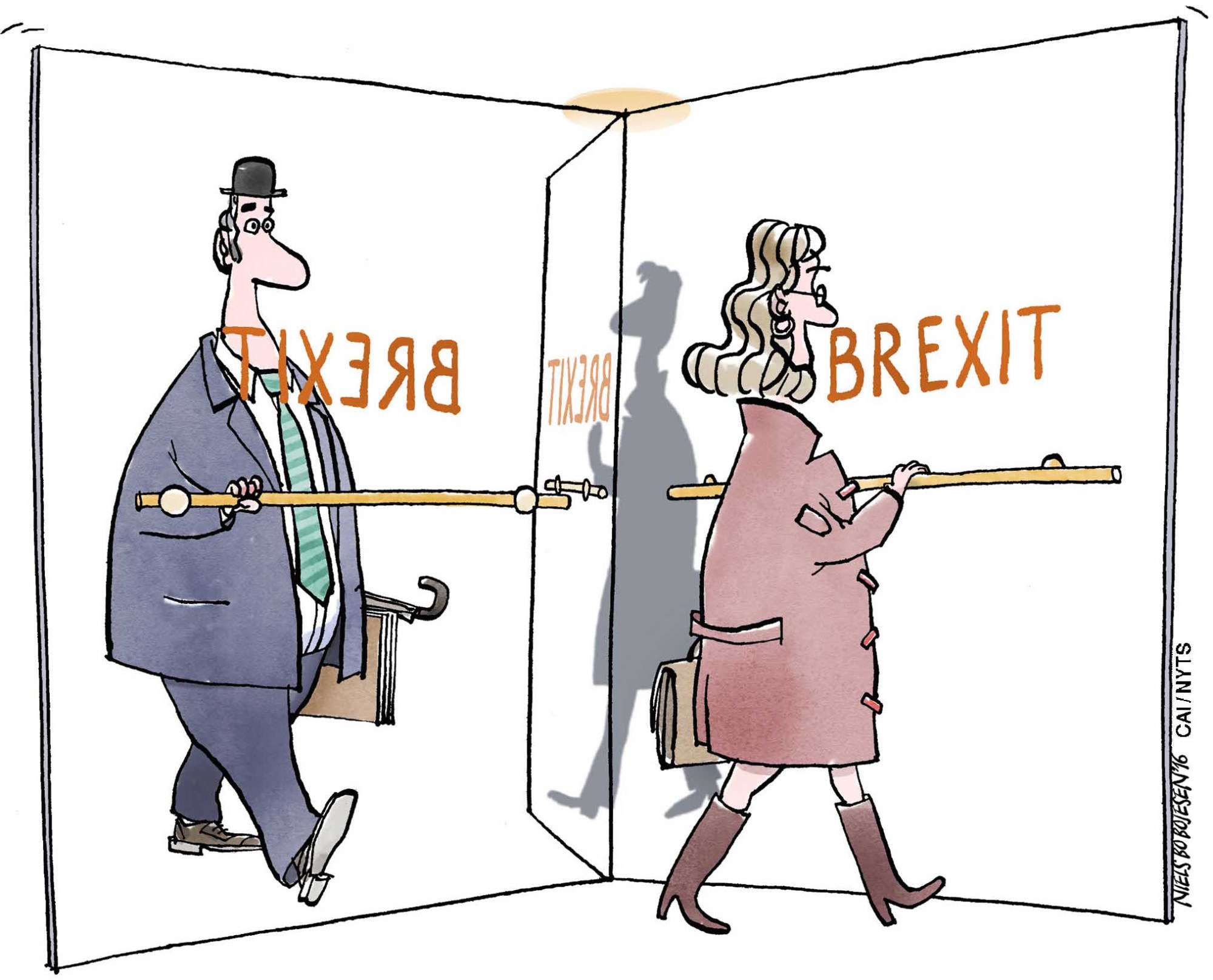In a recent speech, John Major, the British prime minister from 1990 to 1997, declared that "the tyranny of the majority has never applied in a democracy and it should not apply in this particular democracy." He could not accept that those who voted to "remain" in the June 23 referendum on membership of the European Union should have no say on the terms of Britain's departure from the grouping.
According to the official count recorded by the electoral commission, just over 17.4 million votes (51.9 percent of those voting) were cast for "leave," against 16.13 million (48.1 percent) for "remain." The number of registered electors is 46.5 million and there was a 72 percent turnout. Thus, only some 37.4 percent of the electorate supported "leave" in a referendum that was always described as "advisory."
The campaigners for Brexit, having won a small majority for leaving the EU, are now demanding — not merely as Prime Minister Teresa May has frequently declared that "Brexit means Brexit" — but that their interpretation of Brexit should become government policy. They demand that Britain leave the single market and the customs union, and refuse to accept that this is likely to be damaging to the British economy. Warnings by economists are simply rejected as "scare-mongering." Economic forecasters are dismissed as useless "experts."

















With your current subscription plan you can comment on stories. However, before writing your first comment, please create a display name in the Profile section of your subscriber account page.